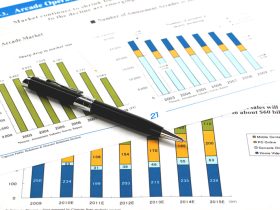OTTAWA (Reuters) -The Bank of Canada on Monday said higher interest rates and low growth will impact the federal government’s budget spending and although the country’s fiscal position is sustainable, expenditure should be contained to protect social programs.
“Lower growth and higher interest rates will certainly impact on the government’s budget,” Governor Tiff Macklem told lawmakers in the House of Commons.
“I don’t think fiscal policy in Canada is in a situation where it’s unsustainable. But I do think protecting our very good fiscal position is important” for social programs and prosperity, he said.
Macklem noted that Canada had the lowest debt-to-gross domestic product ratio among the Group of Seven industrialized economies.
Finance Minister Chrystia Freeland is due to release the government’s Fall Economic Statement (FES), which updates fiscal and economic forecasts and often includes new spending, as early as next week.
She has said the FES will contain measures to help alleviate the housing crisis and cost-of-living issues while being fiscally responsible.
Macklem also reiterated his message from last week, when the bank left its key overnight rate unchanged at a 22-year-high of 5%.
“We held our policy rate steady (last week) because monetary policy is working to cool the economy and relieve price pressures, and we want to give it time to do its job,” Macklem said.
“We will continue to assess whether monetary policy is sufficiently restrictive to restore price stability, and we will monitor risks closely,” he said.
The bank said price risks were on the rise and inflation could exceed its 2% target for another two years.
The bank increased rates 10 times between March 2022 and this July to tame inflation, which peaked at a four-decade high of 8.1% last year. It has since come down, hitting 3.8% in September, but it remains way above the BoC’s 2% target.
“We have made a lot of progress reducing inflation, but we are not there yet, and we need to stay the course,” Macklem said.
Read the full article here













Leave a Reply